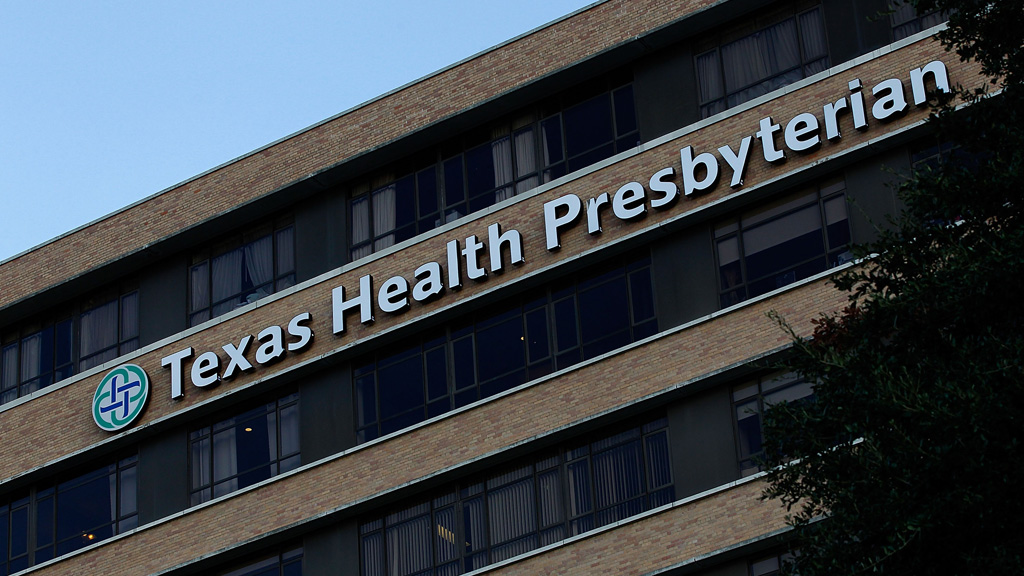Are we heading for Ebola outbreak in the US?
The US is now dealing with the first case of Ebola to spread outside of Africa. As the size of the epidemic continues to grow exponentially there is a very high chance it won’t be the last.
So how likely is it that the US or other western nation sees a sustained Ebola outbreak? In short: not very.
The biology of the Ebola virus makes it quite capable of international travel. Depending on the route of infection it can take between five and 10 days for someone to become sick with the virus.
During that period a person can feel perfectly well and, with the help of air travel, be capable of moving large distances.
But the rest of the virus’ biology makes it less good at spreading fast into a new area.
Read more: UK volunteers step forward in the desperate battle against Ebola
Even when a person notices initial symptoms like a sore throat and fever they are not outwardly infectious to others.
Only when the disease progresses to fever and fluid loss do they become a lethal danger. Direct contact with their body fluids: blood, sweat, diarrhoea and vomit can pass the infection on.
But because the virus is not airborne, and dies quickly once exposed to sunlight or drying-out on a surface, nearly all cases of infection are linked to direct contact with a person who is very ill or has died from the disease.
The best example of this is an American-Liberian man who travelled from Liberia to Lagos in Nigeria in July. Though he was vomiting on the plane no other passengers were infected.
People who touched him later, including a group who helped him into a taxi at the airport and medical staff who treated him did contract the virus.
However, once authorities in Nigeria knew they were dealing with Ebola they were eventually able to trace all his contacts, and isolate and treat all of them.
Nearly all contacts have now died, survived, or passed the 21-day maximum incubation period of the virus and are assumed to be Ebola-free.

“I have no doubt that we’ll stop this in its tracks in the US,” said Thomas Friedman the director of the US Centres for Disease Control in Atlanta, which has overall responsibility for Ebola containment.
The CDC will be concerned that this latest case, a man returning to the US from Liberia, sought medical help for a fever but was initially sent home. Doctors in the US and in the UK have been put on alert to treat any cases of fever in people returning from Liberia, Sierra Leone and Guinea as potential Ebola cases.
But now his infection has been confirmed it is almost certain that all his contacts will be traced and monitored for the disease. The US, like many developed countries has the resources to rapidly isolate infected cases and the necessary training and equipment to protect medical staff.
Read more: The terrifying mathematics of Ebola
“Whilst the risk of imported Ebola virus remains small, it’s still a very real risk, and one that won’t go away until this outbreak is stopped. It’s a reminder to the global community that Ebola virus isn’t just an African problem,” said Prof Jonathan Ball, a virologist at the University of Nottingham.
That’s why US authorities won’t be taking any chances. Though with the right procedures Ebola is easily contained, west Africa shows that despite its biological limitations the virus can, and does, present a major threat.
Even a country like the US faced with the thousands of cases seen in west Africa would struggle to contain and control an outbreak. And the only way of preventing that from happening is one new case leading to another.
Follow @TomClarkeC4 on Twitter